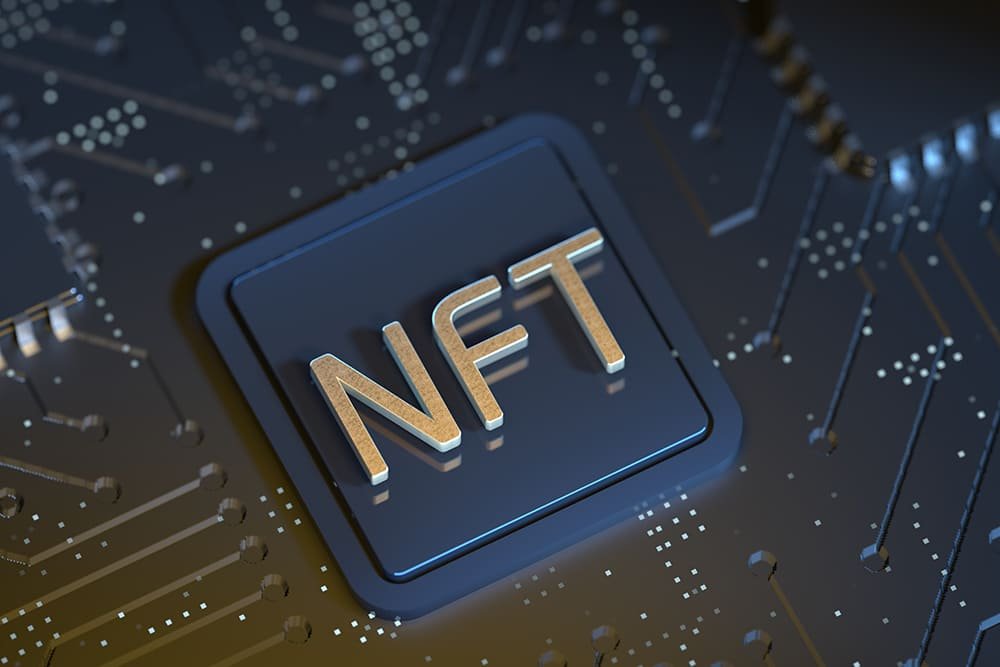How Blockchain Can Improve Transparency in Society

Why Transparency Matters Today
Trust is the foundation of any society. Whether in government, finance, healthcare, or business, transparency builds accountability and prevents corruption. Yet, many institutions still struggle with opaque systems, hidden transactions, and lack of trust.
This is where blockchain technology comes in. Known for powering cryptocurrencies like Bitcoin and Ethereum, blockchain offers far more than digital money—it provides a decentralized, secure, and transparent way to record transactions. By applying blockchain to social systems, we can create a society where honesty, accountability, and fairness thrive.
What Is Blockchain?
Blockchain is a distributed ledger technology (DLT) where data is stored in blocks and linked together in a chain. Once information is recorded, it cannot easily be altered or deleted. This makes blockchain highly transparent and resistant to fraud.
Key features of blockchain:
-
Decentralization – No single authority controls the system.
-
Immutability – Data, once entered, cannot be tampered with.
-
Transparency – Every participant can verify transactions.
-
Security – Cryptographic methods protect sensitive information.
How Blockchain Can Improve Transparency in Society
1. Transparent Governance and Elections
One of the biggest challenges in governance is lack of trust in electoral processes. Blockchain-based voting systems can:
-
Record each vote securely and transparently.
-
Prevent duplicate or fraudulent votes.
-
Allow citizens to verify their votes without revealing identities.
Example: Countries like Estonia are already exploring digital voting systems powered by blockchain to ensure trustworthy democratic elections.
2. Financial Transparency and Anti-Corruption
Corruption and fraud often thrive in opaque financial systems. Blockchain introduces:
-
Real-time transaction tracking for governments, NGOs, and corporations.
-
Public visibility of funds, ensuring money is used as intended.
-
Secure cross-border payments, reducing hidden fees and illegal activities.
Example: In developing nations, blockchain-based financial tracking can ensure aid money reaches the intended communities instead of being lost to corruption.
3. Supply Chain Transparency
Many industries—like food, fashion, and pharmaceuticals—face trust issues due to hidden supply chain practices. Blockchain helps by:
-
Tracking products from origin to consumer.
-
Preventing counterfeit goods and unethical practices.
-
Allowing consumers to verify if items are authentic, safe, and ethically sourced.
Example: Walmart uses blockchain to trace food origins, helping quickly detect contamination sources.
4. Healthcare Data Transparency
Medical systems often struggle with secure and accessible patient data. Blockchain can:
-
Store patient records securely and give patients control over their data.
-
Prevent manipulation of medical reports and insurance claims.
-
Enable doctors, hospitals, and patients to share trusted information across systems.
This ensures accountability, efficiency, and fairness in healthcare.
5. Property and Land Registry
Fraudulent land deals and property disputes are common in societies with poor record-keeping. Blockchain provides:
-
Immutable land records that prevent tampering.
-
Easy verification of property ownership.
-
Transparent transactions during land sales and transfers.
Example: Countries like Georgia and Sweden have implemented blockchain-based land registries to increase trust and reduce fraud.
6. Charity and Non-Profit Accountability
Non-profit organizations face scrutiny when funds don’t reach the intended beneficiaries. With blockchain:
-
Donors can track how and where their contributions are spent.
-
NGOs can demonstrate accountability in real time.
-
Fraud and misuse of funds can be minimized.
This builds trust between donors and organizations.
7. Identity Verification and Digital Citizenship
Identity fraud and lack of official records affect millions worldwide. Blockchain-based identity systems:
-
Provide secure, verifiable digital IDs.
-
Empower citizens to access services without relying on paper records.
-
Reduce corruption in identity verification processes.
Example: Blockchain-powered ID systems are being explored in Africa and Asia to support unbanked populations and refugee communities.
Challenges to Blockchain Adoption
While blockchain has immense potential, challenges remain:
-
Scalability: Current systems struggle with large transaction volumes.
-
Regulation: Governments are still defining rules around blockchain use.
-
Accessibility: Not all communities have the digital infrastructure to adopt it.
-
Energy Consumption: Some blockchain models (like Proof of Work) require high energy usage.
Overcoming these barriers is key to unlocking blockchain’s societal benefits.
Future Outlook: A More Transparent Society
As technology matures, blockchain could become a global standard for transparency. Imagine a world where:
-
Citizens trust governments because records are public and immutable.
-
Businesses earn consumer loyalty through ethical and traceable practices.
-
Financial systems run on openness, reducing fraud and inequality.
Blockchain isn’t just about technology—it’s about reshaping society around trust and accountability.
Frequently Asked Questions (FAQs)
1. Can blockchain really prevent corruption?
While it can’t stop corruption entirely, blockchain reduces opportunities by making transactions traceable and tamper-proof.
2. Is blockchain secure?
Yes. Its cryptographic design makes it highly resistant to hacks, though vulnerabilities can exist in poorly designed systems.
3. How does blockchain improve elections?
It ensures votes are recorded transparently, prevents fraud, and allows citizens to verify their votes securely.
4. Will blockchain replace traditional record systems?
Over time, yes. Many governments and businesses are already shifting to blockchain for efficiency and trust.
5. What industries benefit most from blockchain transparency?
Governance, finance, healthcare, supply chains, real estate, and non-profits are leading adopters.
Final Thoughts
Blockchain has the power to transform society by promoting trust, accountability, and openness across industries. From transparent governance and fair elections to ethical supply chains and secure healthcare, its applications are vast.
While challenges like scalability and regulation remain, the future looks promising. A society built on blockchain could mean fewer disputes, reduced corruption, and more informed citizens.
Key Takeaway: Blockchain isn’t just about cryptocurrency—it’s a revolutionary tool that can create a more transparent and accountable society for all.







